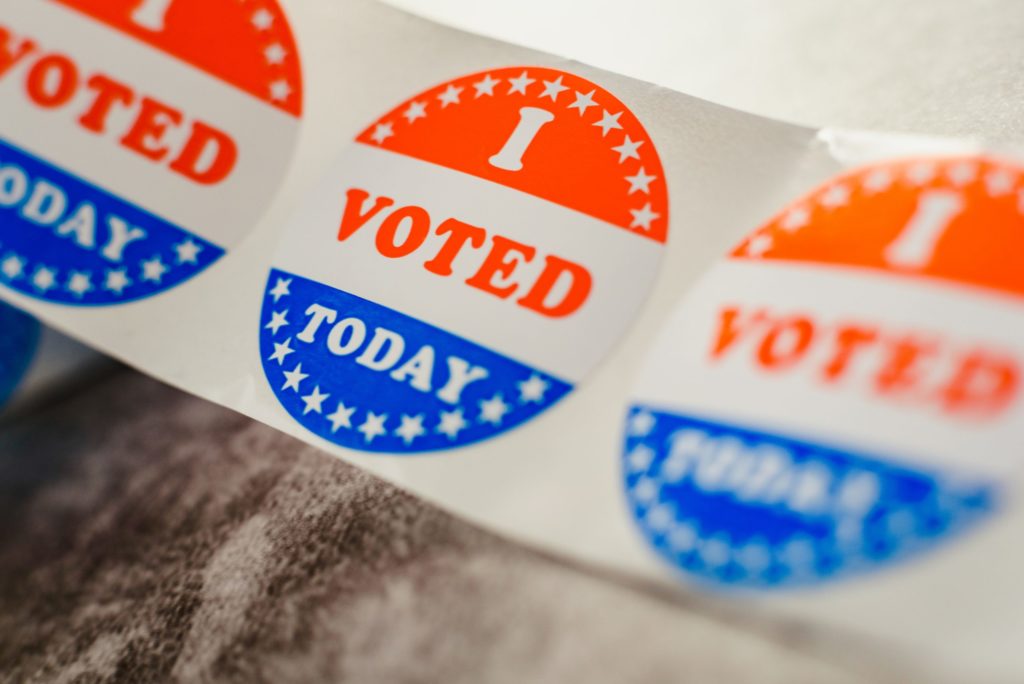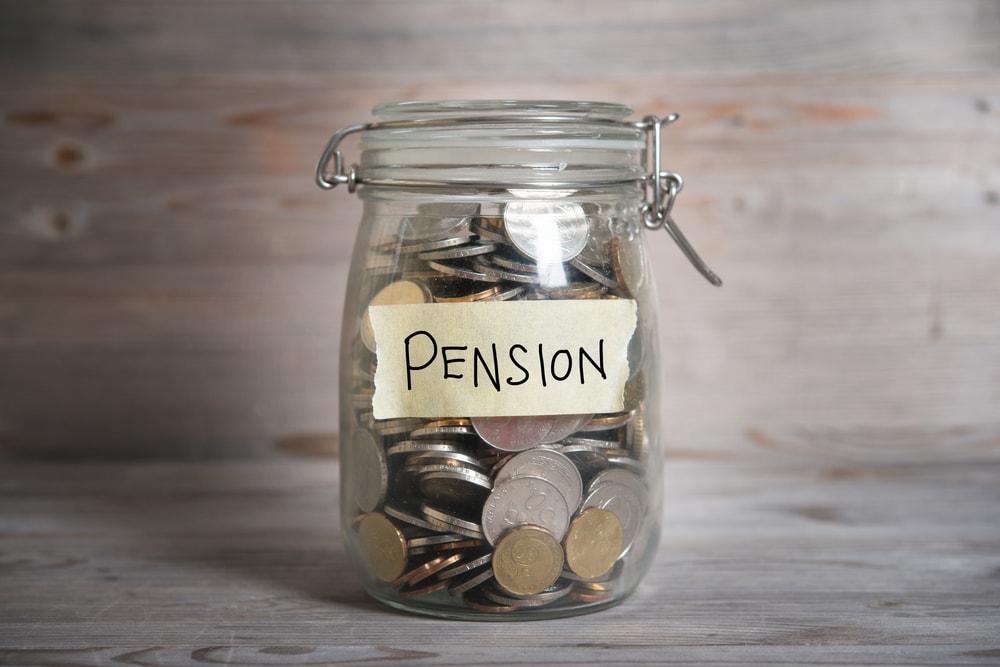A Disputed Victory on Trade
“I have concerns that after TPP’s failure, if the USMCA fails in Congress, that would make two straight trade agreements that could not get through Congress,” says Clark Packard, trade policy counsel at the Washington-based R Street Institute. “If this fails, I think it further erodes U.S. commercial leadership and our credibility as a trustworthy trading partner. That, to me, is the single best argument in favor of it.”
Packard is among several analysts who have said this week that it’s not exactly promising that one of the USMCA’s biggest selling points is not necessarily its contents but what it would symbolically represent – an example of trade continuity that was largely present prior to Trump’s inauguration.
“The intrinsic importance of the deal is not what it does to modernize NAFTA, but rather what it prevents: a potentially-disastrous breakdown of trade between the U.S. and its most important trading partners,” Gregory Daco, chief U.S. economist at Oxford Economics, wrote in a research note Tuesday.”(USMCA) looks an awful lot like NAFTA … it’s not clear to me this is a straight political win for Trump.”
…Packard describes the bulk of the USMCA’s content as “NAFTA 2.0,” suggesting much of the content of the new North American trade proposal is pulled from the existing deal that Trump has described as one of the worst in history. Much of the content is also pulled from the TPP negotiation that Trump withdrew from early in his presidency. “The digital trade chapter” of the USMCA, for example, “is pulled almost verbatim from the TPP,” Packard says.
…”The president goes out and says: ‘These are terrible trade agreements. All trade agreements are bad. Trust me with the keys to the car, and I will quickly negotiate a whole series of new bilateral free trade agreements,'” Packard says. “I think they’ve sort of wasted time. Had we just moved forward with TPP, we’d be in a much stronger position.”
After sending U.S. Trade Representative Robert Lighthizer and White House senior adviser Jared Kushner to Mexico City this week to attend a signing ceremony for the revised USMCA, the White House will have egg on its face and lack a concrete North American trade victory heading into what is expected to be a contentious reelection if the proposal fails to make it through Congress.
…The AFL-CIO, the Chamber of Commerce and several other lobbying and interest groups have spoken out in recent days to support the USMCA, describing it as a deal that is not perfect but would nonetheless give businesses and workers greater certainty. The going wisdom in Washington is still that the USMCA will be passed in some form next year. Packard predicts it could receive as many as 375 votes in the House.
And the fact that Republican and Democratic lawmakers this week were falling over themselves to take credit for the bill’s apparent progress – Republicans for pressuring Democrats into action, Democrats for negotiating more favorable trade terms – likely bodes well for its support in the lower chamber.
“I know there are analysts out there who say they don’t understand why Democrats are giving the president a win on this thing. It looks an awful lot like NAFTA, so the economics aren’t that much better. And you hand the president a signature win,” Packard says. “But there is a countervailing theory that Democrats need to prove they can walk and chew gum at the same time. And it’s not clear to me this is a straight political win for Trump.”





